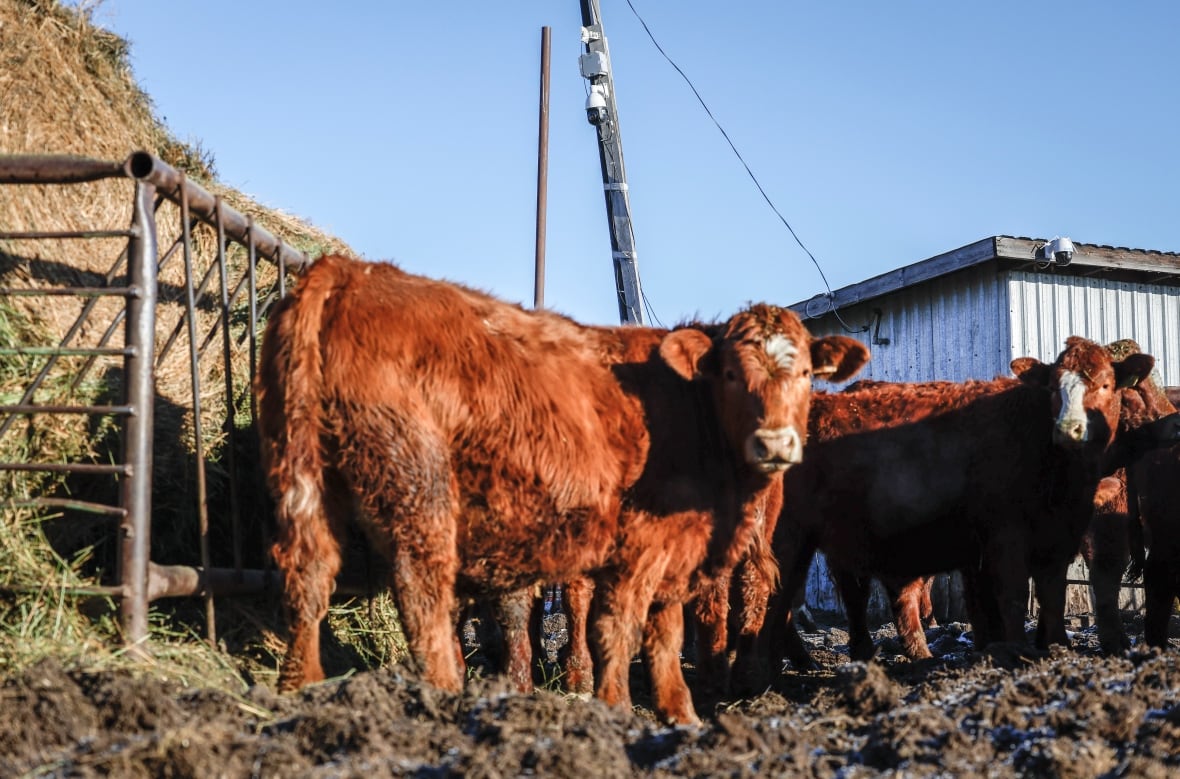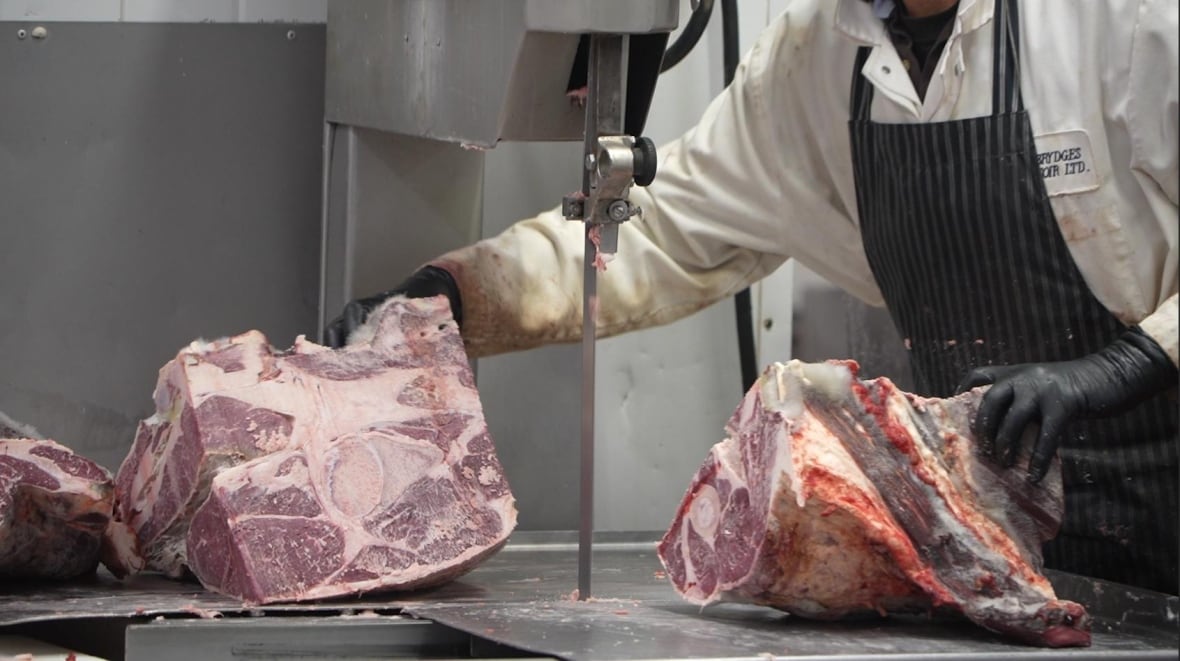Beef costs more than ever, but Canadians won't let that ruin barbecue season

As Canadians fire up their grills for the August long weekend, one of the nation's most cherished summer traditions is now facing a costly twist: beef prices have surged 25 per cent over the past year, far outpacing the rate of inflation and putting the price of summer burgers and steaks into uncharted territory.
The price of ground beef hit $14.67 per kilogram in May of 2025, according to the latest data from Statistics Canada, a 25 per cent increase over the $11.72 recorded a year earlier and well above the country's current inflation rate of 1.7 per cent.
This weekend marks one of the busiest grilling holidays of the year in Canada, as families and friends gather at cottages, campgrounds and in backyards from coast to coast. Even with ground beef hitting historic highs, Canadians seem unwilling to let go of their cherished burger, or trade it in for tofu.
If anything, the lingering effects of trade tensions and a growing movement to support local producers have only strengthened demand for homegrown beef, according to some analysts.
"Demand for beef is phenomenal. It's really a good news story," Kevin Grier, a Guelph, Ont.-based, economist who specializes in livestock, meat and grocery market analysis, told CBC News.
"If you want somebody to blame, really blame the consumer because we keep on coming back."
Persistent Western drought shrinks herdBehind the price spike are some familiar factors: smaller herds from prolonged drought in Western Canada and high input costs for feed.

"There's been so much drought in southwest Saskatchewan and southern Alberta that some of these farmers have not had any moisture since the snow melted in April," said Stuart Smyth, a professor in the department of agricultural and resource economics at the University of Saskatchewan in Saskatoon.
Smyth said some western producers are choosing to shrink their herds rather than absorb the high cost of feed, which in some cases has to be hauled in from other provinces. Faced with the prospect of spending hundreds of thousands of dollars, many are opting to downsize instead.
"That's why we've seen this drop of half a million head of cattle over the last five years, is because this has been a fairly prolonged drought in one of the regions that has the highest number of livestock," he said.
Some ranchers see an upsideStill, not every farmer is feeling the pinch. Thanks to strong demand, fuelled by barbecue culture's surge in popularity and a renewed push to support local amid ongoing trade tensions, some cattle producers are, for once, seeing a rare upside.

Unlike previous cycles of food inflation, this one is offering certain producers a better return.
"We don't get to set our prices," said Lee Irvine, a cattle farmer outside of Calgary.
He explained that ranchers don't have much control over what they earn for their cattle. Instead, they're price takers, accepting whatever the market offers at auction.
"So when consumers are willing to go out and pay higher prices for beef, there's trickle-down effects to the primary producers," he said. "We're selling our cattle at a higher margin right now."
Still, not all producers have been able to take full advantage. After back-to-back years of drought, Irvine said his operation didn't receive enough spring rain to sustain a full herd this year.
"We're only running about 20 head," he said. "Normally we'd have anywhere from 30 to 60."
Cost of cattle puts butchers in a crunchSome butchers said the issue isn't a shortage of cattle; it's the cost of buying them.

"We have no problems getting beef, but we just got to pay the higher prices for them," said Andy Trbizan, who runs the Mt. Brydges Abattoir in Mount Brydges, Ont., alongside his daughter and son. "I'm thinking it's got to be about 15 to 20 per cent higher than what it used to be."
Despite passing those costs onto the consumer, whether its steak, chuck or a whole brisket, beef has proven resilient. The jump in beef prices hasn't deterred shoppers or wannabe pit-masters. Instead, BBQ culture seems to be enjoying a full-blown heyday. The trade and marketing association Canada Beef says since 1989 demand for beef last year was only higher in 2020 and 2022.
"Demand is really high, especially in the summertime," Trbizan said, noting the abattoir often sees lineups that stretch out the showroom door on weekends.
"People want to get out, do their barbecues, and they want to entertain."
If you want somebody to blame, really blame the consumer because we keep on coming back.- Kevin Grier, livestock, meat and grocery analyst
"And smoking meat has become very popular, so everybody has their smokers out and they're trying new things as well," his daughter Nicole Miller said.
These conditions are expected to keep beef prices elevated through at least 2027, with little immediate relief in sight, according to a recent industry report. This projection underscores the slow and steady nature of herd rebuilding, which requires time for animals to mature and reach market size.
Experts suggest consumers may need to prepare for a prolonged period of higher prices, even as producers work toward stabilizing supply.
For now, summer barbecues come at a premium, but it's a price Canadians appear willing to pay.
cbc.ca





